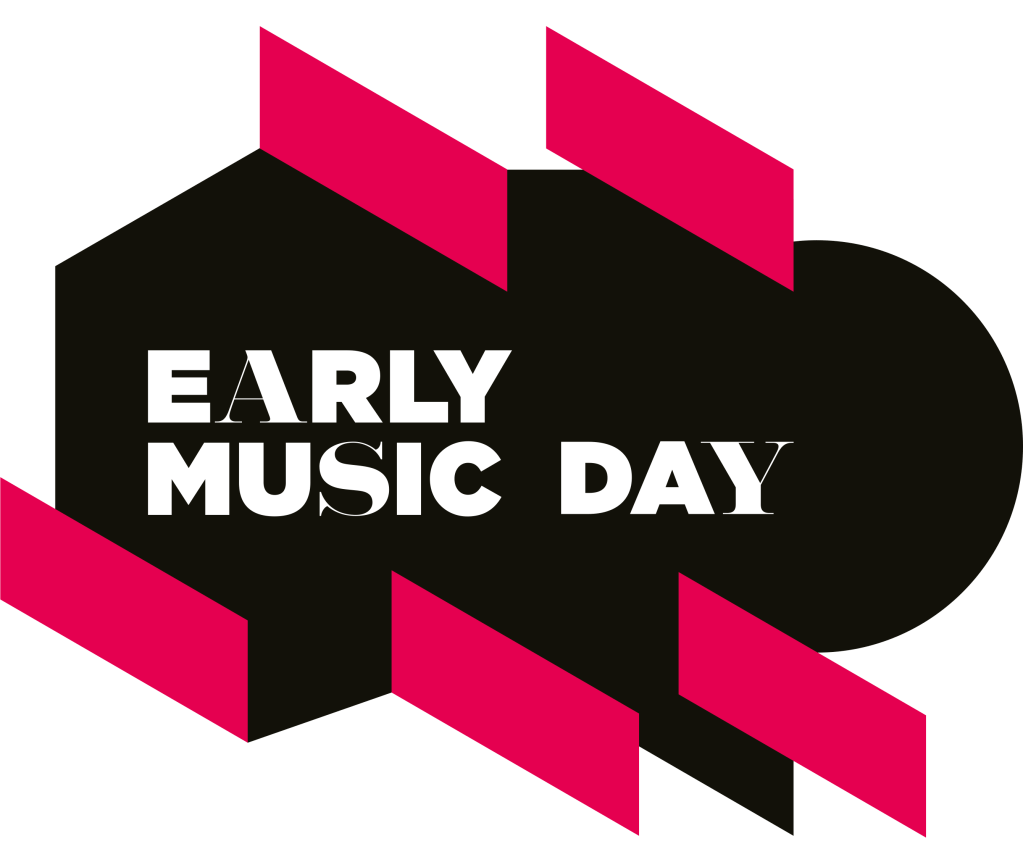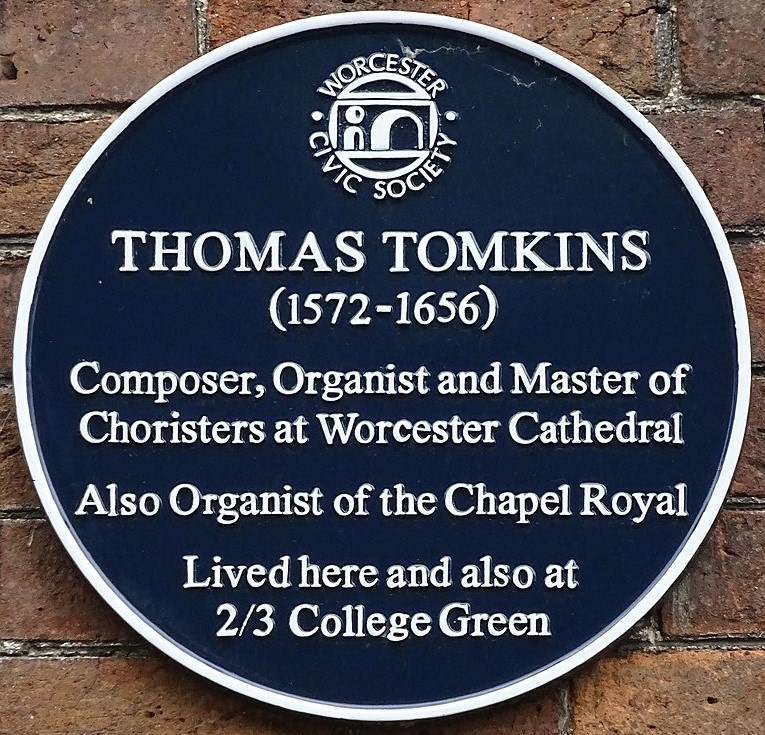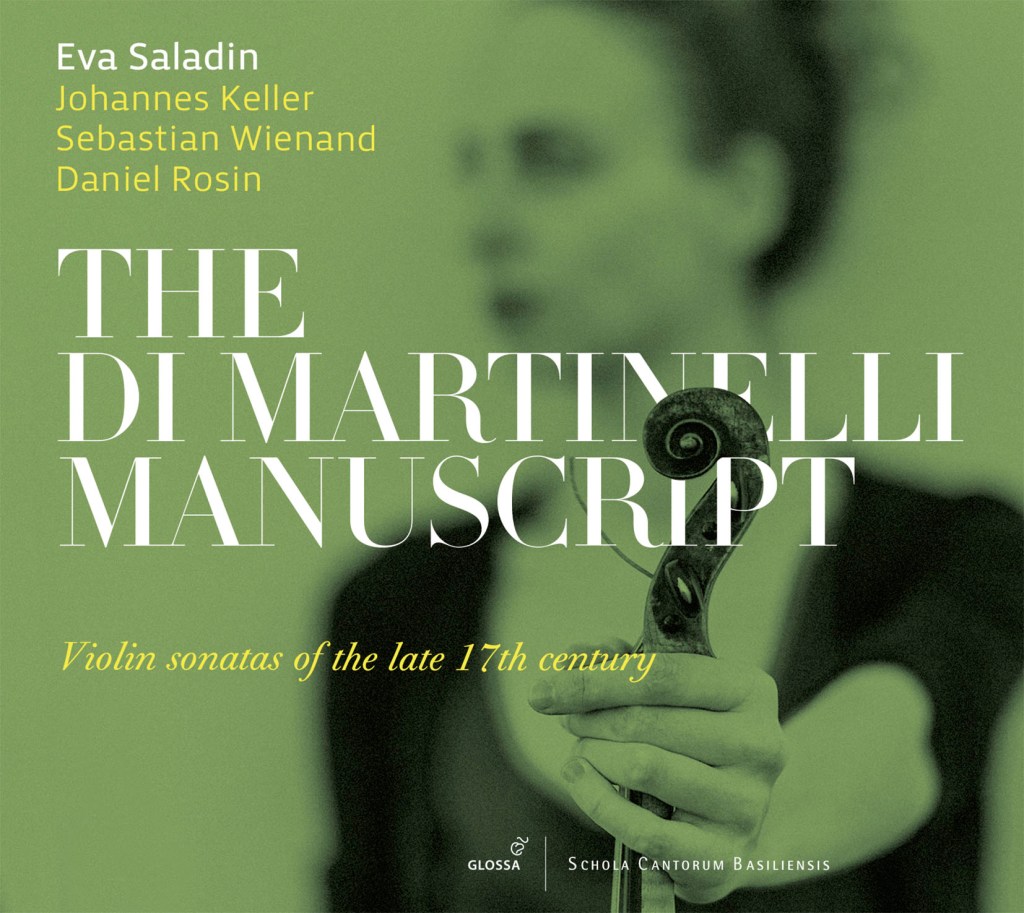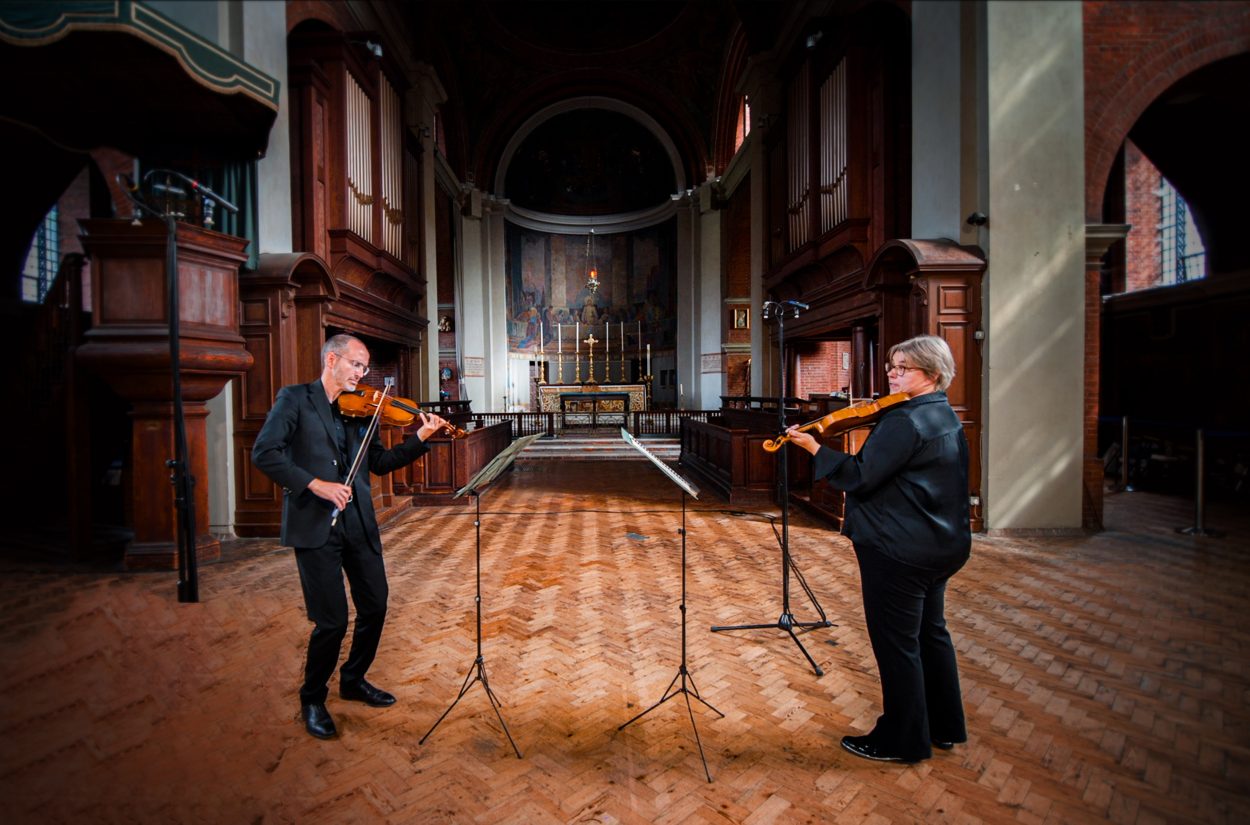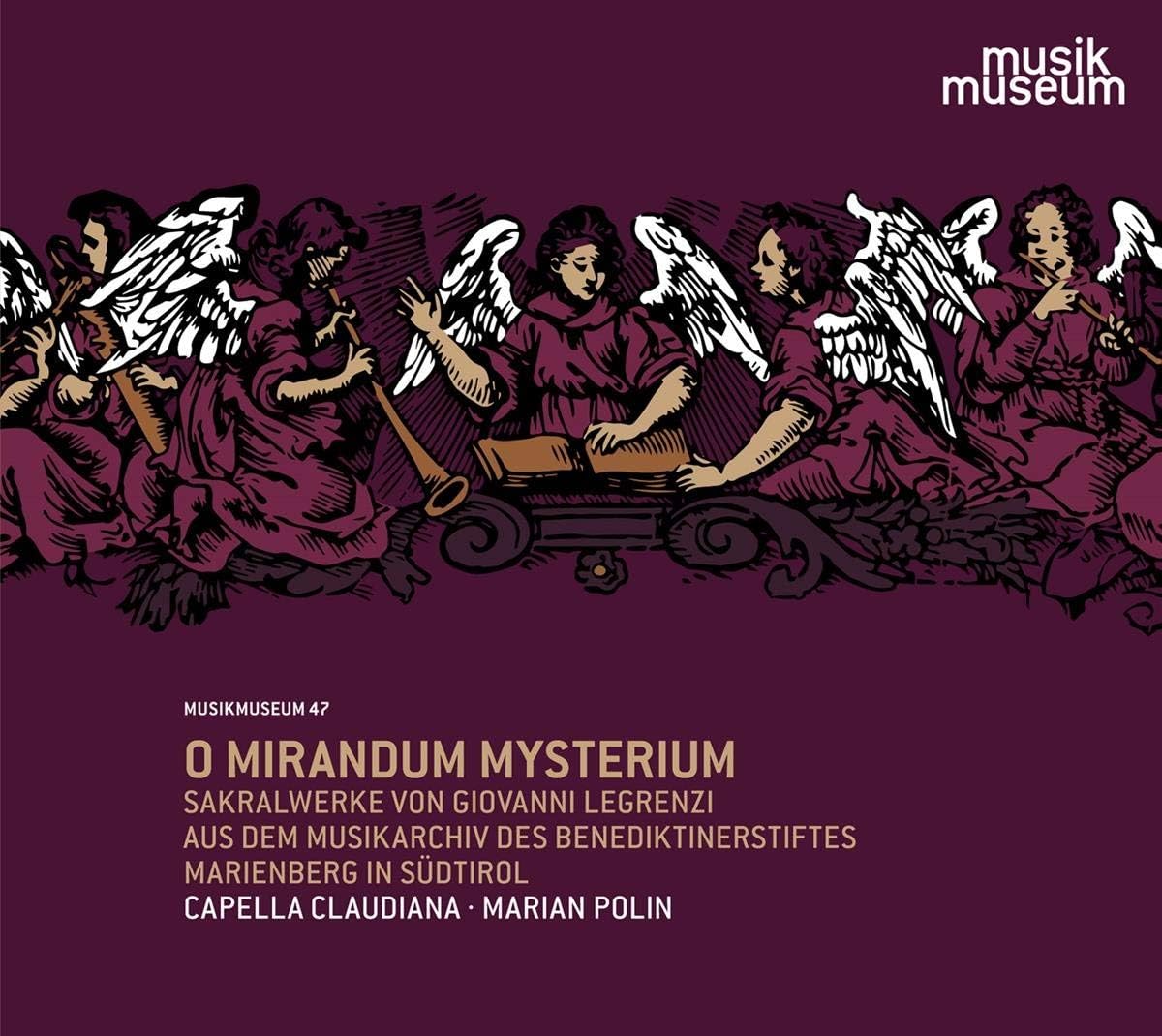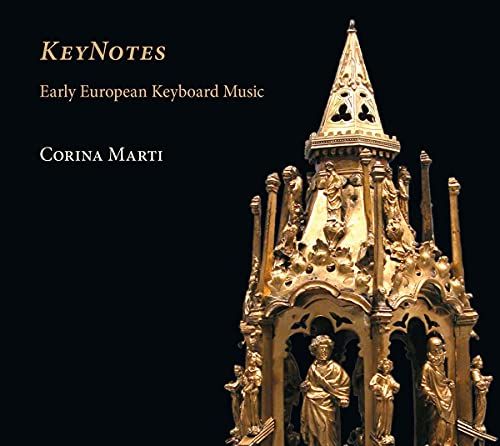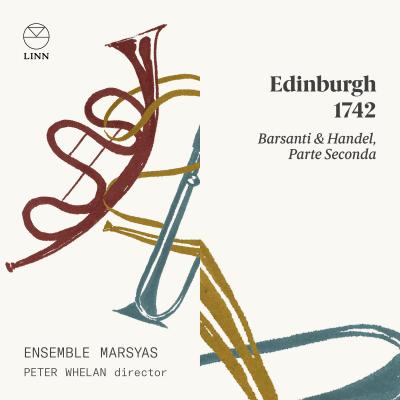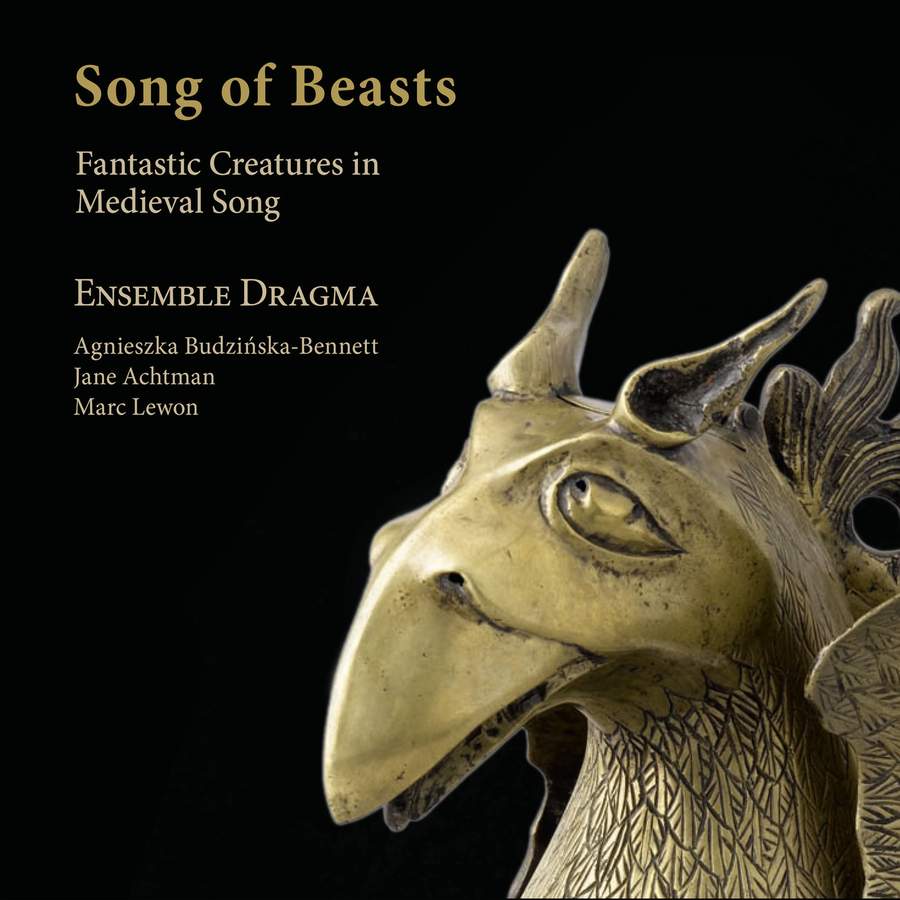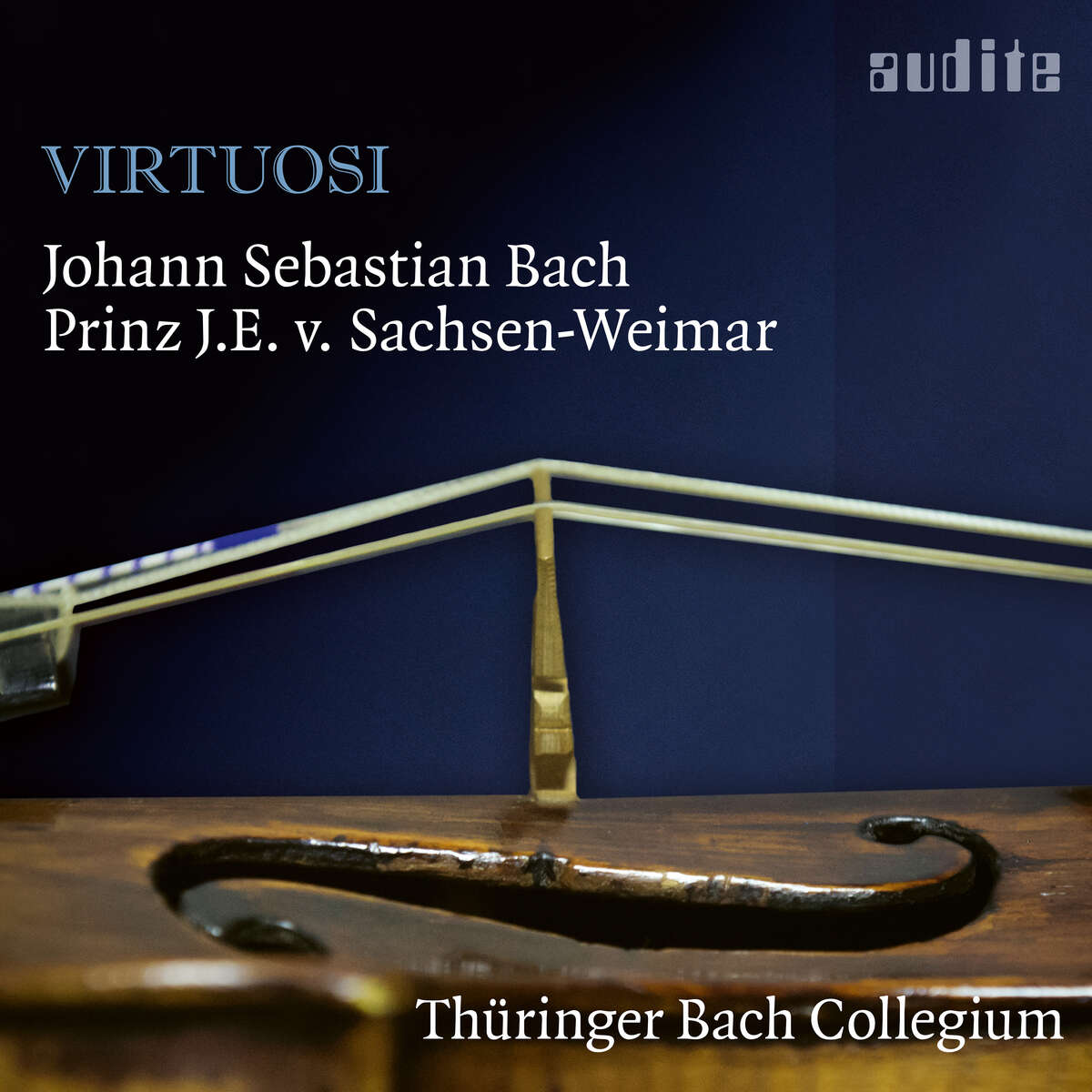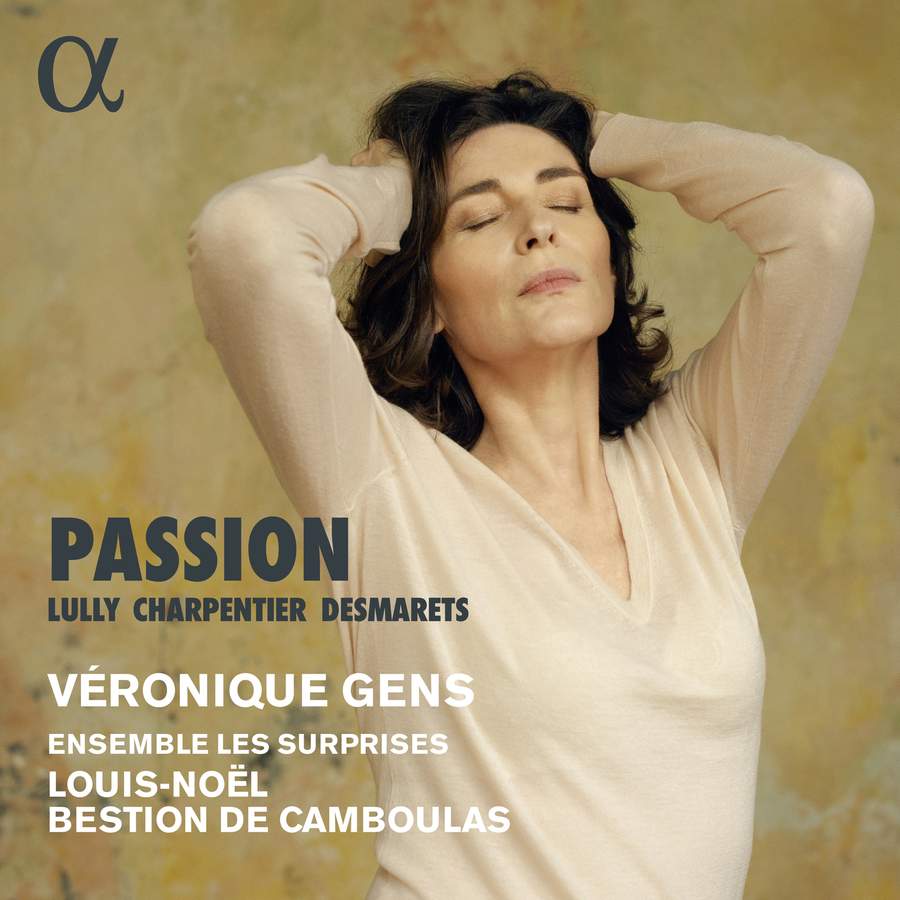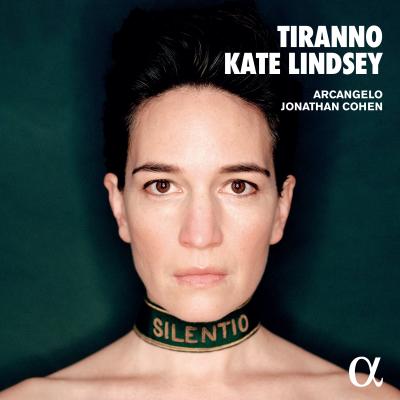BBC Proms: ‘organ’ Prom
BBC Concert Orchestra, Anna-Maria Helsing, James McVinnie
Royal Albert Hall, 6 September 2021
The anniversary of the Royal Albert Hall and its monumental organ has resulted in rather more organ events tha usual in this year’s BBC Proms. Poulenc’s Concerto for Organ, Timpani and Strings (reviewed here) made a wonderful start on the first night. It was followed by two solo recitals (reviewed here and here) and two very different Proms, both including the organ, on successive nights, reviewed here from the BBC Radio 3 broadcasts.
The first, on 6 September and available from BBC Sounds here, was a programme of late 20th and 21st century music with the BBC Concert Orchestra, conducted by Anna-Maria Helsing. They were joined for a few pieces by the adventurous organist James McVinnie who, having survived spells at St Paul’s Cathedral and Westminster Abbey is now an enthusiastic advocate of contemporary music.
The programme opened with Einojuhani Rautavaara’s evocative 1972 Cantus Arcticus, which combines recordings of bird song with the orchestra. Judith Weir’s Still, Glowing provided a moment of calm before James McVinnie’s performance of Philip Glass’s 1989 Mad Rush, a tour de force of virtuosic energy contrasted with sections of gentle repose. It is usually assumed to be for piano but was originally performed by Glass on the organ for a visit of the Dalai Lama.
Pieces by Johann Johannsson and Arvo Pärt led to Messiaen’s Dieu est immense, a movement from his vast 1985 Livre du Saint Sacrament. James McVinnie mastered the massive Albert Hall organ well, finding just the right colours and textures for this powerful piece. The soto voce ending must have sounded magical in the hall.
Johann Johannsson’s A Sparrow Alighted on Our Shoulder was followed by Missy Mazzoli’s 2012 Holy Roller. It is presented as “devotional music for a non-existent religion” and draws on the melodies and harmonies of Thomas Tallis’s Psalm settings.
The evening concluded with the UK premiere of Canadian composer Samy Moussa’s 2014 c10′ single movement concerto for organ and orchestra: A Globe Itself Infolding. Referencing William Blake’s poem, Milton, and the Hebrew Book of Ezekiel, both of which contributed to the title, the sustained harmonies give a timeless quality to the piece. Filigree patterns appear from the organ, woodwind and brass as the piece builds to a series of climaxes. A central solo organ passage brings about a reverse in the texture, with the organ providing the sustained harmonies while the strings join in the filigree flourishes. It ends with a crescendo on a long-held open 5th, with the brass and timpani providing the inner pulse. Through well-judged registrations, James McVinnie successfully melded the organ into the texture of the orchestra.
